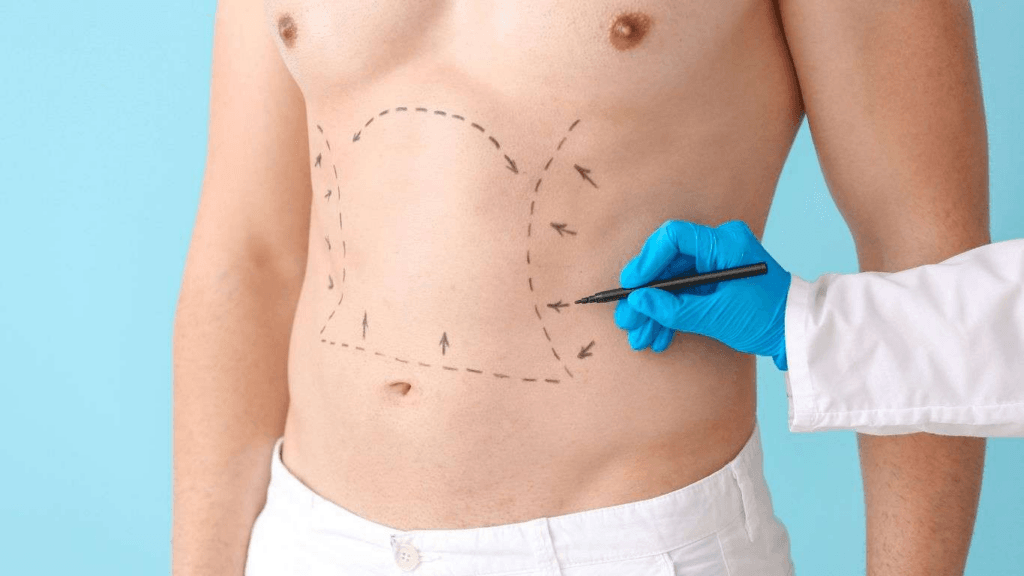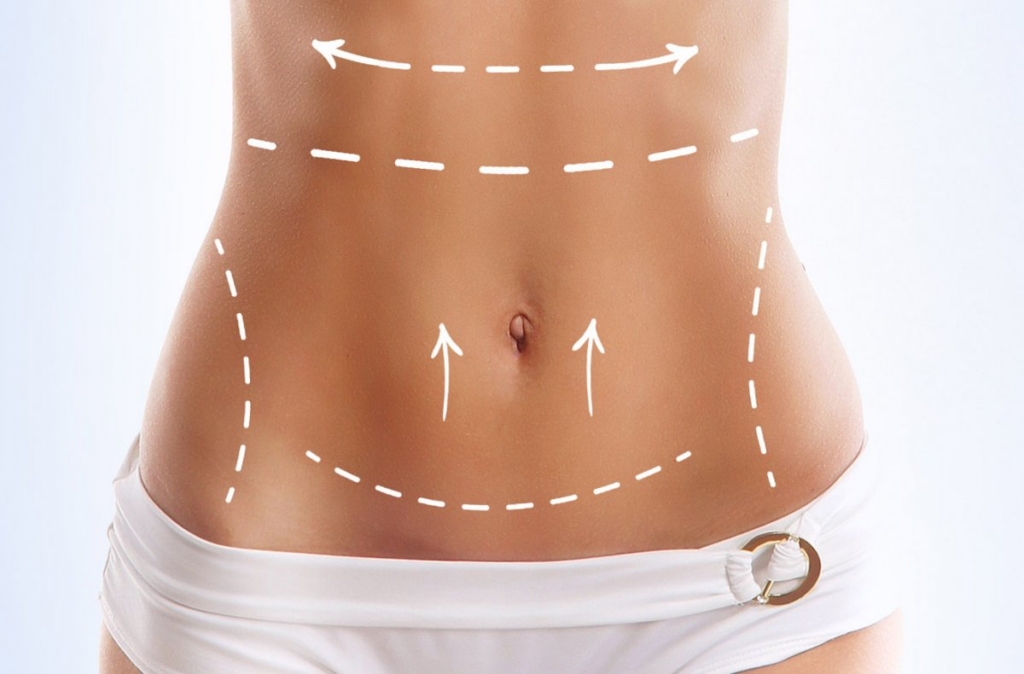A tummy tuck, or abdominoplasty, is a surgical procedure designed to remove excess fat and skin from the abdomen, resulting in a flatter, firmer stomach. While it can dramatically improve body contour and self-confidence, it’s crucial to understand the procedure thoroughly before making a decision. This article addresses frequently asked questions to help you determine if a tummy tuck is right for you.
Table of Contents
Am I a Good Candidate?
A tummy tuck is not a weight-loss solution. Ideal candidates are generally within a healthy weight range or only slightly overweight. Significant weight fluctuations after the procedure can negatively impact results. The procedure is most effective for individuals with significant excess skin and abdominal muscle separation (diastasis recti) that hasn’t responded to diet and exercise. Good candidates also have realistic expectations about the outcome and understand the recovery process involved.
Furthermore, good candidates are non-smokers. Smoking significantly impairs healing and increases the risk of complications. Pre-existing medical conditions, such as diabetes or heart disease, might require careful evaluation by your surgeon to assess the risks and benefits. Your surgeon will perform a thorough examination and review your medical history to determine your suitability for the procedure.
It’s important to discuss your goals and concerns openly with your surgeon. They can help you understand if a tummy tuck aligns with your expectations and whether alternative procedures might be more appropriate. Honest communication is key to ensuring a positive outcome and managing expectations. Remember, a tummy tuck is a significant surgical procedure, and your overall health plays a vital role in determining your candidacy.
Finally, consider your emotional readiness. A tummy tuck is a significant decision with both physical and emotional implications. Ensure you are mentally prepared for the recovery period and potential challenges. A consultation with a qualified plastic surgeon will allow you to explore these aspects in detail and make an informed decision.

The Tummy Tuck Procedure
The tummy tuck procedure typically begins with an incision made across the lower abdomen, often hidden within the bikini line. Through this incision, the surgeon separates the skin and fat from the underlying abdominal muscles. If diastasis recti (separation of abdominal muscles) is present, the surgeon will repair this by tightening and suturing the muscles. This step significantly improves abdominal contour.
Excess fat and skin are then removed. The remaining skin is carefully redraped and sutured into place, creating a smoother, flatter abdomen. The position and length of the incision vary depending on the amount of excess skin and fat, and the individual’s anatomy. In some cases, a smaller, mini-tummy tuck may be performed, addressing only the lower abdomen.
The procedure usually takes several hours to complete, and the duration depends on the extent of the surgery. General anesthesia is typically used to ensure patient comfort and relaxation throughout the procedure. After the surgery, drains are often placed to help remove excess fluid and minimize swelling.
Finally, the surgeon will close the incisions with sutures or staples. A compression garment will be applied to help reduce swelling and support the healing process. Post-operative instructions will be provided to ensure proper healing and minimize the risk of complications. Your surgeon will discuss the specifics of your procedure in detail during your pre-operative consultation.

Recovery and Aftercare
The initial recovery period after a tummy tuck involves some discomfort and limitations. You’ll likely experience swelling, bruising, and tightness at the incision sites. Pain medication will be prescribed to manage discomfort. You’ll need assistance with daily activities for the first few days, and it’s crucial to follow your surgeon’s post-operative instructions carefully.
Expect some limitations in physical activity for several weeks. Avoid strenuous exercise, heavy lifting, and activities that could strain your abdomen. Your surgeon will provide a timeline for gradually resuming normal activities. Regular follow-up appointments are essential to monitor your healing progress and address any concerns.
Proper wound care is crucial during recovery. Keep the incision sites clean and dry, and change dressings as instructed by your surgeon. The drains will eventually be removed, and the sutures or staples will be taken out after a few weeks. It’s important to maintain good hygiene to prevent infection.
Full recovery can take several months, with the majority of swelling subsiding within a few weeks. The final results of the tummy tuck are usually visible after several months, once the swelling has completely resolved. Patience and adherence to your surgeon’s instructions are key to a successful recovery and optimal aesthetic outcomes.

Costs and Financing Options
The cost of a tummy tuck varies depending on several factors, including the surgeon’s fees, anesthesia costs, facility fees, and other related expenses. It’s essential to obtain a detailed cost breakdown from your surgeon before proceeding with the procedure. The geographic location also influences the overall cost.
Many surgeons offer payment plans to make the procedure more accessible. Some may work directly with patients to create payment schedules, while others may partner with financing companies. It’s important to discuss financing options with your surgeon or their office staff to explore available payment plans and understand the terms and conditions.
Health insurance typically does not cover cosmetic procedures like tummy tucks, unless they are medically necessary (e.g., to correct a hernia). It’s crucial to clarify your insurance coverage before scheduling the procedure to avoid unexpected financial burdens. Consider budgeting carefully and exploring all available financing options to ensure you can afford the procedure and associated costs.
Explore all financing options thoroughly before committing to a tummy tuck. This includes comparing interest rates, repayment terms, and other associated fees. Transparency and clear communication with your surgeon and any financing provider are crucial to making an informed financial decision.
A tummy tuck can significantly improve your abdominal contour and boost your confidence, but it’s vital to be a well-informed patient. Thorough consultation with a board-certified plastic surgeon is crucial to determine candidacy, understand the procedure, manage expectations regarding recovery, and plan for the associated costs. Remember to prioritize your health and safety throughout the entire process.
Transform Your Confidence with Surgyteam!
Join the thousands of satisfied patients who have experienced the exceptional care and expertise of Surgyteam’s renowned plastic surgeons. Whether you’re seeking aesthetic enhancements or reconstructive surgery, our dedicated team in Antalya is here to provide you with the highest quality treatment and personalized care.



